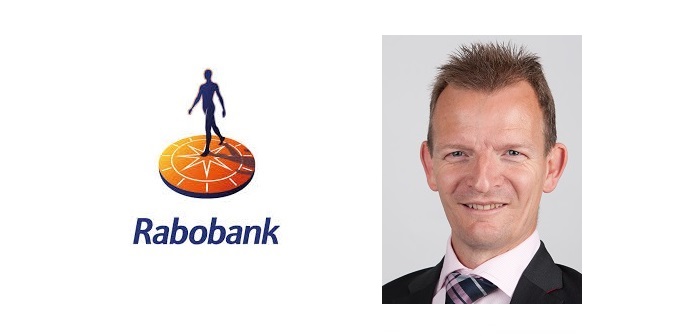EU pork processors have been warned that unless they make good “strategic decisions” going forward, they may not remain in business beyond 2025.
According to the Dutch-based Rabobank, intensified competition is creating winners and losers in the European pork industry with “few opportunities” for margin improvement in the coming years.
Commenting on the findings of its latest pig sector report, titled The EU Pork Industry; Competitive Power Is Key, the bank pointed out that EU pork consumption had declined from 2007 to 2014, leading to processors placing an increased emphasis on “competitive power and market position”.
With power and position being “pivotal to success”, in fact, the report identified five success factors for processors to follow:
- cost competitiveness,
- sourcing,
- efficiency,
- market approach, and
- client access.
“The recent decline in pork consumption was triggered by two developments: higher pork prices due to feed cost increases and trading down to cheaper proteins due to the economic crisis,” said the bank.
These developments had collided with three longer-term trends:
- consumer preference for convenience and processed meat products containing less meat,
- increase in meat-restricted diets for environmental, ethical, animal welfare and health reasons, and,
- various meat scandals in the EU.
“The rapid growth of the discount channel across Europe has also increased retail competition, resulting in strong price pressure and squeezed margins for EU pork processors,” added Rabobank’s animal protein analyst and report author, Albert Vernooij (pictured above).
“However, not all processors have suffered,” he said, pointing to the emergence of a clear difference between outperforming and underperforming companies.
While the outperformers will continue to invest and develop, he added, current underperformers need to make a strategic choice in order to remain in business.




